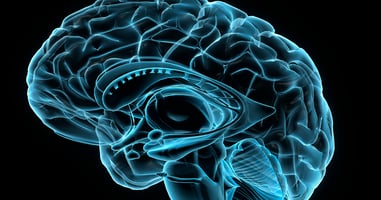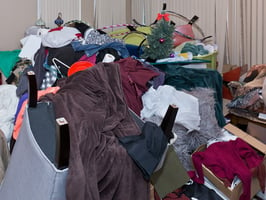Is Hoarding Disorder a New Diagnosis?
Previously considered a subtype of obsessive-compulsive disorder (OCD), hoarding disorder (HD) may become a diagnosis in its own right. A review commissioned by the DSM-5 Anxiety, Obsessive-Compulsive Spectrum, Posttraumatic, and Dissociative Disorders Work Group, published in the June 2010 Depression and Anxiety, found sufficient evidence to recommend classifying HD as a new disorder.
Further work, led by one of the authors of the review, has now characterized comorbidity patterns in people who hoard. Randy Frost, Ph.D., and colleagues compared psychiatric comorbidity in a large HD sample with a control group meeting criteria for OCD without HD. High comorbidity rates were observed for major depressive disorder, as well as acquisition-related impulse control disorders such as compulsive buying, kleptomania, and acquiring free things. Fewer than 20 percent of HD participants met criteria for OCD. Inattentive ADHD was diagnosed in 28 percent of HD participants and was significantly more frequent than among OCD participants. Results were published online July 18 in Depression and Anxiety.
To view preliminary drafts of revisions to the diagnostic criteria proposed for DSM-5, go to www.dsm5.org .
Further work, led by one of the authors of the review, has now characterized comorbidity patterns in people who hoard. Randy Frost, Ph.D., and colleagues compared psychiatric comorbidity in a large HD sample with a control group meeting criteria for OCD without HD. High comorbidity rates were observed for major depressive disorder, as well as acquisition-related impulse control disorders such as compulsive buying, kleptomania, and acquiring free things. Fewer than 20 percent of HD participants met criteria for OCD. Inattentive ADHD was diagnosed in 28 percent of HD participants and was significantly more frequent than among OCD participants. Results were published online July 18 in Depression and Anxiety.
To view preliminary drafts of revisions to the diagnostic criteria proposed for DSM-5, go to www.dsm5.org .
(Image: Shadwwulf at en.wikipedia)






